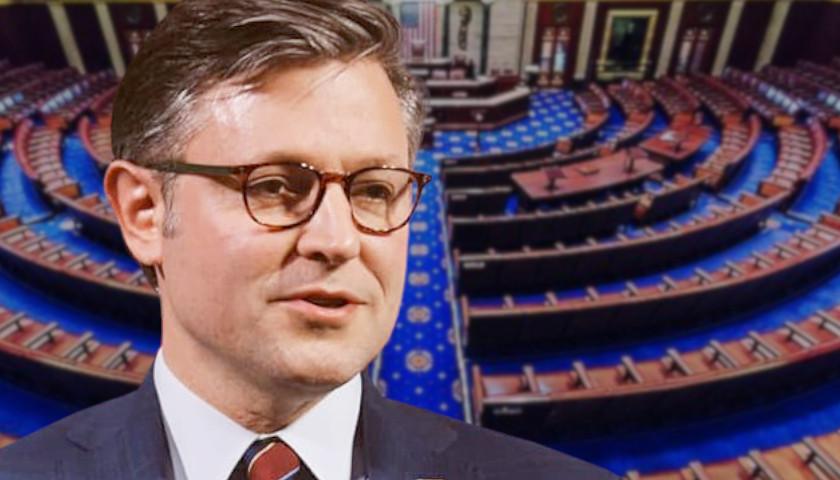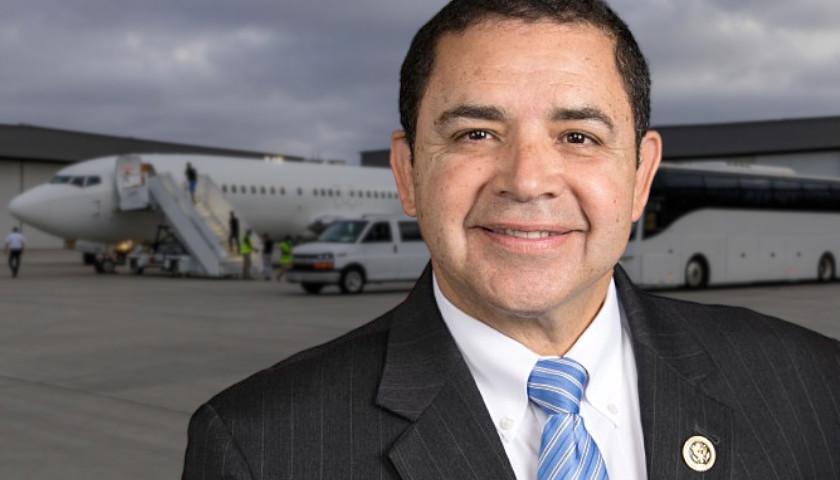Governor Tom Wolf (D-PA) unveiled his final state budget proposal to the General Assembly yesterday, asking members to approve a 10.9-percent spending increase.
Major items he proposed include $1.75 billion more for public schools and $200 million more for college scholarships. The governor insisted his aims could be realized without resorting to tax rises, though his $43.7 billion plan hinges on the use of about $2 billion in one-time federal funds from the American Rescue Plan Act (ARPA).
The Pennsylvania Constitution requires the General Assembly and the governor to agree on a budget by June 30.
“Last year, we made a historic investment in our schools,” he said, referring to a four-percent basic-education spending hike over the preceding year’s amount. “This year, we have an opportunity to build on that momentum and make a generational difference for students all across the commonwealth.”
Despite the governor insisting that his request requires no tax hikes, his plan envisions $410 million in projected revenue from the Regional Greenhouse Gas Initiative (RGGI), a project that Pennsylvania and nine other states are pursuing to mitigate global warming. Opponents have called the initiative a carbon-tax scheme and anticipate it will drive up electricity rates for residents and businesses.
Wolf implied in his remarks that he has long resisted raising taxes and oversaw the commonwealth, leaving behind a budget deficit of over $2 billion when he took office seven years ago to amass a surplus of over $2 billion today through sheer fiscal discipline.
“We did not achieve our sound financial position by raising taxes,” he said. “In fact, we eliminated the capital stock and franchise tax entirely.”
The actual history is somewhat different: The tax to which Wolf referred was scheduled for phaseout before he became governor; meanwhile, the state’s corporate net income tax still has a 9.99 percent rate, second only to New Jersey’s 11.5 percent rate among state business taxes.
Moreover, Wolf proposed more than a dozen tax rises over the course of his governorship and actually enacted some of them: sales and income tax bases were expanded in 2016 and sales taxes were broadened again in 2018. Each hike amounted to a roughly $200 increase for a family of four.
The governor’s rhetoric on taxes elicited incredulity among many who were listening.
“Sitting in the Governor’s budget address and he just took credit for not raising taxes,” tweeted Sen. Dan Laughlin (R-Erie). “Unbelievable.”
Ultimately, even if Wolf’s budgetary vision resulted in no sales, corporate or personal income tax increases in the next 2022-23 fiscal year, the question remains as to how the state would avoid such hikes in subsequent years after federal stimulus money dries up.
“In 11 months, Tom Wolf will be off to his next thing,” David Taylor, president of the Pennsylvania Manufacturers’ Association, told The Pennsylvania Daily Star. But for the rest of us who have to deal with state government, these very complex problems are going to remain, and it’s wildly irresponsible for him to blow all of the federal dollars at once. We need to take a multi-year approach with these non-recurring revenues so that we don’t just pork up the baseline and then, when these dollars expire, leave the next governor with a major budget hole to fill.”
Republican lawmakers, who hold a majority in the state legislature, received the governor’s proposal without enthusiasm, instead predicting the fiscal plan would create a $1.3 billion deficit in the fiscal year after next.
“I don’t understand how he thinks it is reasonable to spend an additional $17 million each day,” Representative Sue Helm (R-Harrisburg) said in a statement. “Those are tax dollars he is talking about. I’m thankful the budget address is over so that the real negotiations can begin.”
Wolf also used his address to encourage the passage of a minimum-wage increase from the state’s current wage floor of $7.25 per hour. He would raise that to $12 by July and implement yearly $0.50 increases until the per-hour figure reached $15 in 2028.
– – –
Bradley Vasoli is managing editor of The Pennsylvania Daily Star. Follow Brad on Twitter at @BVasoli. Email tips to [email protected].




